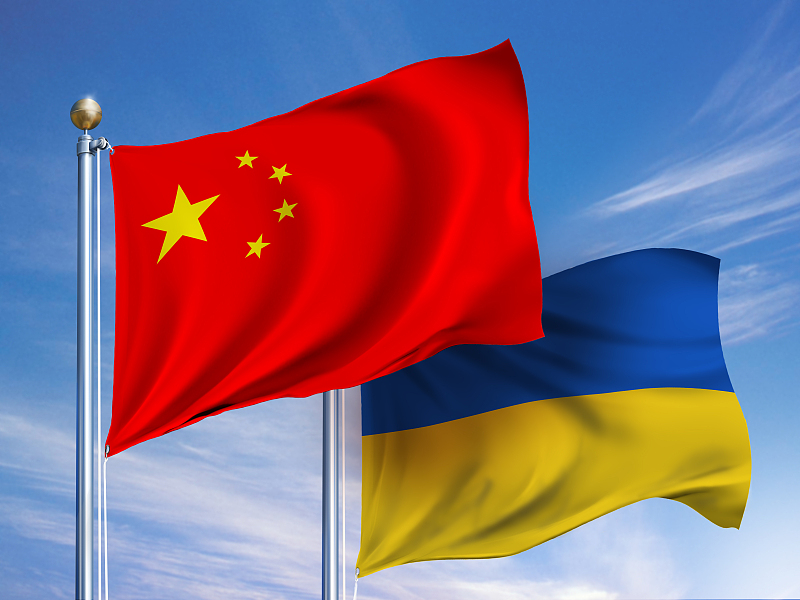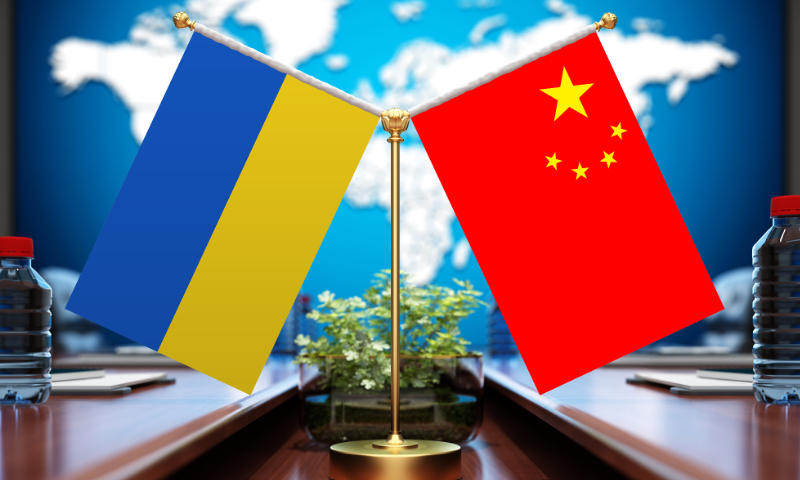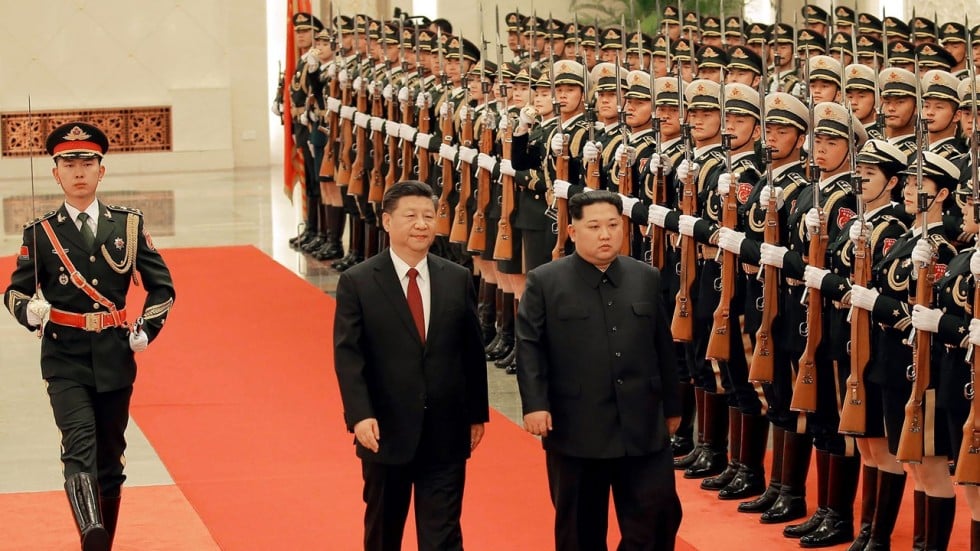Racism against Chinese in the USA
TOP INTELLECTUALS IN THE U.S. stood up this week to speak out for China—and demand a stop to the powerful militaristic country’s drive to start an unnecessary war in East Asia.
The White House claim this week that they did not want conflict with China is “Denial and information distortion bordering on propaganda,” said Stephen Roach, Yale University professor and former chief economist at Morgan Stanley. The untrue statement was “classic Cold War posturing”, he said in statement on Twitter on Thursday.
Others agreed. Falsely painting the Chinese as trying to take over the world is bad for everyone, writer David Rothkopf argued in a Daily Beast essay printed today. Why paint China as a threat?
“Why? Why is it such a great threat even though the country has no history of conquest beyond its region in 5,000 years of history and is far from being able or inclined to pose a direct threat of attack to the U.S.?” he asked.
Even the relentlessly hostile Financial Times printed a column by Edward Luce admitting that the current geopolitical tension in the world did not come from China, but from the U.S.
“This week, Xi Jinping went further than before in naming America as the force behind the ‘containment’, ‘encirclement’ and ‘suppression’ of China. Though his rhetoric was provocative, it was not technically wrong,” wrote Luce in a column on Wednesday. Luce, like most FT writers, normally takes a very hostile line against China.
INTELLIGENCE CHIEF WARNING
On the other side, America’s Director of National Intelligence Avril Haines tried to justify the U.S. stance. She said the U.S. was working against China because the giant country is “increasingly challenging the United States economically, technologically, politically, and militarily around the world”.
She said the goal of the Chinese was to “continue efforts to achieve [President] Xi’s vision of making China the preeminent power in East Asia and a major power on the world stage.”
But Rothkopf responded to Haines’ statement by stating the obvious: so? What else would anyone expect?
“Is there something inherently wrong or dangerous about China seeking to challenge the United States economically, technologically, or politically? Isn’t that what all nations do? Don’t we believe in the inherent superiority of our system? Don’t we believe in the benefits of competition? (I thought that was fundamental to America’s national identity and values.)”
He further pointed out that “all nations seek to have sufficient power that they cannot be bullied by global hegemons (and let’s be realistic, we’re the only global hegemon in this conversation at the moment)”.
In other words, China is taking a tougher stance because the strutting, might-is-right stance that the U.S. takes, has forced it to do so.
COLD WAR
While a belligerent U.S. tries to recreate the old script of the Cold War against Russia, there’s a marked difference between the Soviets and the Chinese, Edward Luce pointed out: “China is not exporting revolution.”
The U.S. justified its hostility to the Soviet Union by saying it was spreading communism, but the Chinese are not spreading their system anywhere.
PUBLIC AGREEMENT
There was a strong outbreak of voices on social media agreeing with these points.
Nobody can believe the White House claim that they are not trying to create war, numerous voices said. “We just send warships and war planes to China’s territorial waters in the friendliest of ways,” was the sarcastic response of Alfonso Araujo.
Stephen Roach’s claim that the White House position was “bordering on propaganda” was “too kind”, said Brenda Teese.
“Biden talks about competition, but what he does is zero-sum and hostile behavior,” said Spencer Du. “China has not yet intended to take the U.S. as its enemy but has begun to take the actions of the U.S. as hostile.”
“If the U.S. cannot acknowledge the legitimacy of the P.R.C. to rule China, then the U.S. is essentially agitating for a war,” said Professor Gregory Herczeg this morning.
BUSINESS COMMUNITY HAS A DIFFERENT VIEW
The U.S. political response was markedly different from the point of view of ordinary people and the business community.
There are more than 70,000 U.S. companies operating in China, David Rothkopf pointed out. The two powerful nations are already strongly intertwined in a positive way – so why ruin this?
The justification for hostility against China is crude allegations that the country “destroyed” Hong Kong and “genocided” the Uyghur population of Xinjiang, but neither narrative remotely reflects the more complex reality. Now the U.S. is making use of Taiwan.
TAIWAN JUST AN EXCUSE
“The problem with the current apparent decision to treat China as an enemy and an existential threat is that it can lead to distorted views on certain issues—such as Taiwan,” Rothkopf says.
“Let’s be real for a moment. What really bothers us about China’s rise is that they are quite open about the fact that they want to challenge our influence in the world. We want to be No. 1. We don’t like being challenged,” he wrote.
Luce agreed that America actively looks for excuses to create negativity. “If Taiwan did not exist, would the U.S. and China still be at loggerheads? My hunch is yes,” he wrote.
The American administration is taking an unnecessarily harsh stance against China’s peaceful rise in its neighborhood, Rothkopf argued. “But isn’t it reasonable for China to want such influence?” he asked.
“After all, throughout world history until the start of the industrial revolution, China had the world’s largest economy and it is now resuming that role.”
























